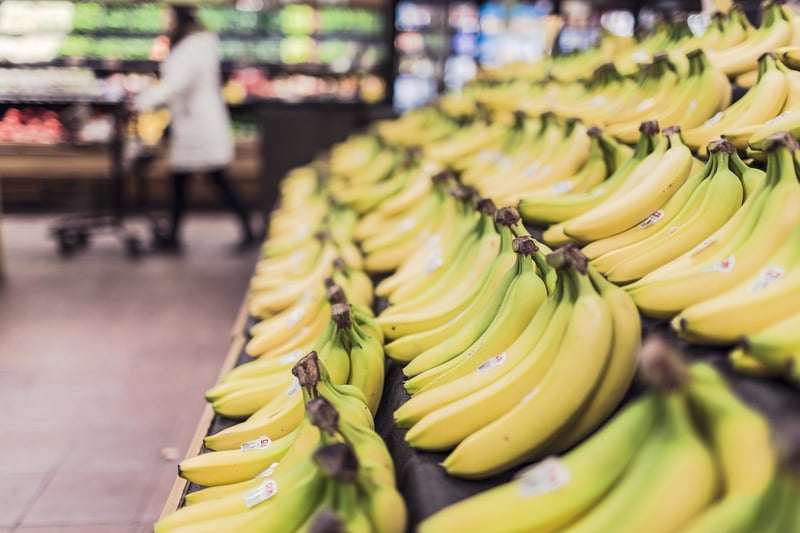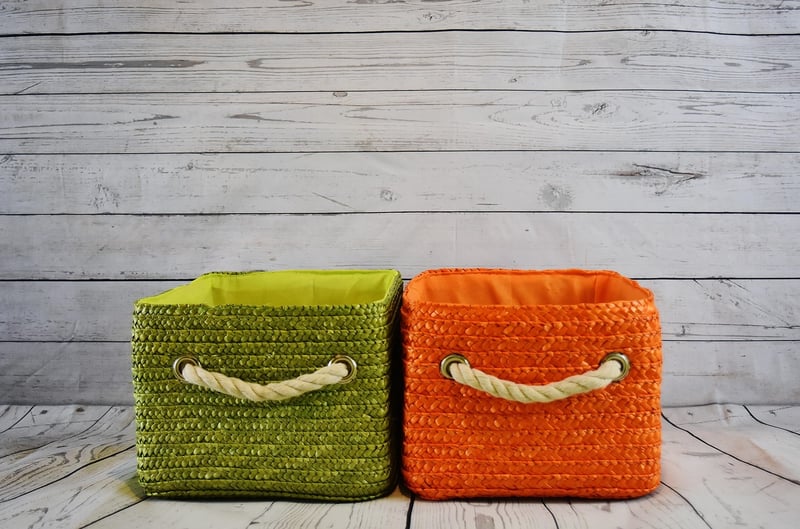Food Storage
Enhance Your Culinary Knowledge: Food Storage Tips
Whether you're a seasoned chef or a novice in the kitchen, understanding the importance of proper food storage is crucial for maintaining freshness, flavor, and safety. Here are some essential tips to help you enhance your culinary skills and make the most out of your ingredients:
1. Organize Your Pantry
Start by organizing your pantry to ensure that items are easily accessible and visible. Use airtight containers for staples like flour, sugar, and grains to prevent pests and maintain freshness.
2. Label Everything
Labeling your containers and packages with the purchase date can help you keep track of freshness and avoid using expired ingredients. Use a marker or printable labels for easy identification.
3. Utilize Proper Storage Containers
Invest in quality storage containers that are suitable for different types of food. Glass containers are ideal for storing leftovers, while plastic containers with tight-fitting lids are perfect for meal prep ingredients.
4. Understand Refrigerator Zones
Learn about the different zones in your refrigerator and store food accordingly. Keep dairy products and eggs on the shelves, store raw meat on the bottom shelf to prevent cross-contamination, and utilize the crisper drawer for fruits and vegetables.
5. Freeze Smartly
Freezing food can extend its shelf life, but it's essential to do it correctly. Use freezer-safe bags or containers, remove excess air to prevent freezer burn, and label items with the date and contents for easy identification.
6. Rotate Your Stock
Practice the "first in, first out" rule by rotating your stock. Use older items before newer ones to prevent wastage and ensure that nothing gets forgotten at the back of the pantry or fridge.
7. Keep Herbs Fresh
Extend the freshness of herbs by storing them properly. Trim the stems, place them in a glass of water like a bouquet, cover them with a plastic bag, and store in the refrigerator for longer-lasting herbs.
8. Store Spices Correctly
Spices can lose their potency if not stored correctly. Keep them away from heat and sunlight, store them in a cool, dark place, and avoid keeping them near the stove or oven.
9. Check Expiration Dates Regularly
Make it a habit to check the expiration dates on your pantry and fridge items regularly. Discard anything that is past its prime to maintain the quality and safety of your food.
By following these food storage tips, you can enhance your culinary knowledge, reduce food waste, and ensure that your ingredients are always fresh and ready for delicious meals.

Remember, proper food storage is not only about preserving ingredients but also about creating a safe and efficient kitchen environment. So, take the time to organize, label, and store your food correctly to elevate your cooking experience.
